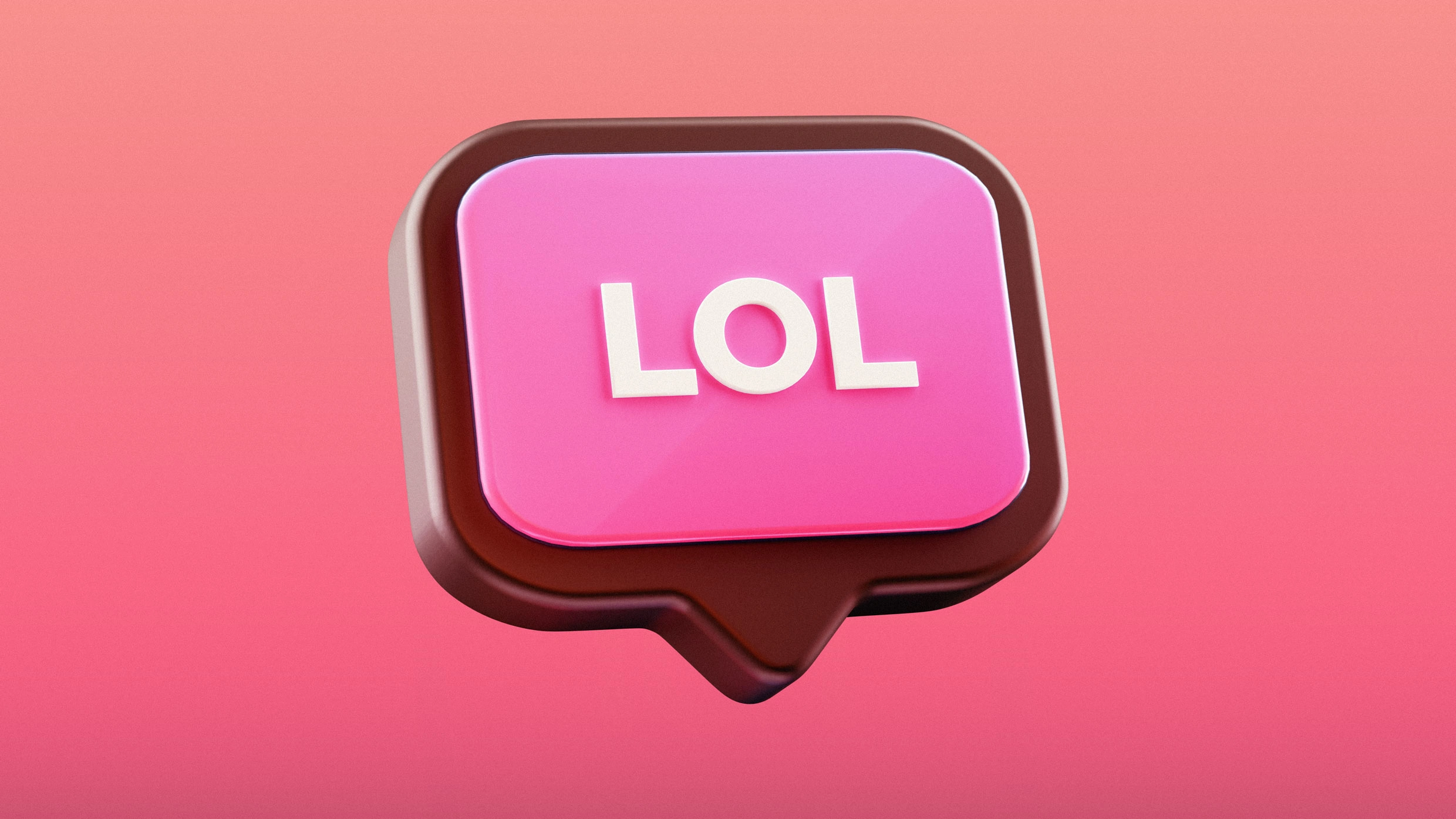
"Those three small letters have become the topic of a generational debate that has been dividing the internet in recent months. The conversation started earlier this year across X, Threads, and Reddit when one user suggested: "Millennials use "lol" like STOP at the end of a telegram lol." In the comments millennials quickly defended their favorite acronym. "What of it?" one wrote. "Hold steady lads," another added. "In a culture that has taken everything from you, never let them strip you of your lols.""
""LOL" entered the Oxford English Dictionary in 2011 (Merriam-Webster also lists it in all caps, noting that the all-lowercase version is considered a variant). Since then, its meaning has shifted from signaling laughter to acting as punctuation. "'Lol' is to millennials as '. . .' is to boomers," explained one X user. Some sentences need an "lol" at the beginning or end to set tone. Without the cues of expression, tone of voice, and body language, text can feel flat-or harsh."
Online debates have emerged about millennials' frequent use of "lol" at the end of texts, emails, and messages. Users across X, Threads, Reddit, and TikTok defended "lol" as a multifunctional marker. The term entered the Oxford English Dictionary in 2011, and Merriam-Webster notes case variants. Usage has shifted from indicating laughter to functioning as punctuation and tone-setting. "Lol" often signals friendliness, softens direct statements, and helps disambiguate intent in text lacking vocal cues and body language. Supporters frame "lol" as a cultural linguistic invention and resist critiques that mock or diminish its use.
Read at Fast Company
Unable to calculate read time
Collection
[
|
...
]